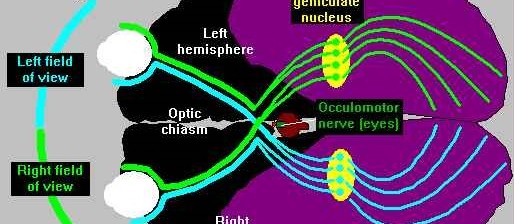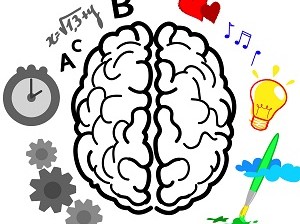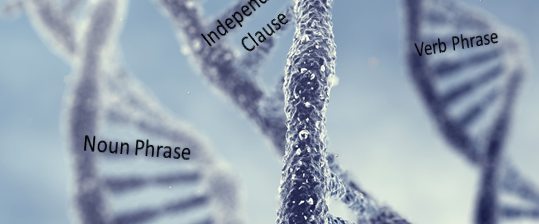Category Archives: Ontology
29 Apr The Multiple Meanings of Polysemy

Polysemy and Constraints Perhaps the most difficult task in Natural Language (NL) understanding is the resolution of polysemy or multiple meanings. Many words in every language do not exhibit polysemy and require no disambiguation. Most words, however, can be interpreted in at least a few different ways. This makes disambiguating NL text a non-trivial task. Each different meaning and shade […]
28 Apr Mosaic of Concepts

KR Mosaic On our way to knowledge representation (KR), we’ve looked at concepts and logical propositions and words and taxonomies. I know this can all be a bit confusing, but please bear with me a little longer. Word relations are more than a two-dimensional mosaic of related concepts – they form a deep hierarchy with multiple […]
09 Apr Abstract Contexts and Fuzzy Reasoning

We do not yet know how we remember things, nor do we know how we use remembered things in reasoning. The amazing feedback loops of afferent and efferent fibers between different layers of the cortex give us some amazing clues (Hawkins 2004). Today’s discussion of abstract contexts and fuzzy reasoning is intended as a bridge […]
05 Apr Knowing About Agents and Instruments

Cause and Effect Causal knowledge can be learned by experience, as described in our friend Yorrick’s early experiences with the source of good feelings (Section 4: Seeds of Knowledge). The process of learning from experience is empirical and very fuzzy, meaning it is difficult to describe or replicate the learning process artificially. Cause can also […]
01 Apr Generating and Qualifying Propositions

What are the limits of reasoning? Is it possible to reduce every cognitive activity (telling time, falling in love, inventing rockets…) to a set of premises and conclusions: propositions? LITTLE ANIMALS ARE FURRY is a very simple proposition. Can intelligence be defined by the complexity of the sequence of propositions we can balance in evaluating a situation? I […]
31 Mar Truth, Belief and Confidence

Establishing frameworks for truth, belief and confidence can be part of raising a child and part of building a more intelligent system. Parents in households of faith often feel a compelling need to teach their children about things that are outside the realm of scientific discovery. In espionage, intelligence analysts review information collected by agents, electronic snoops, and […]








